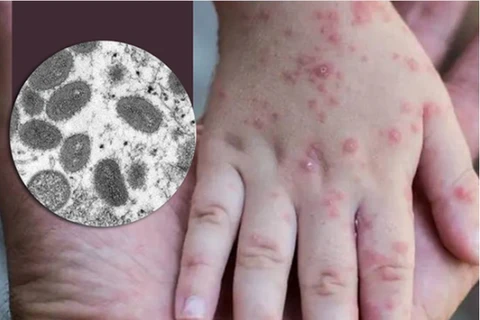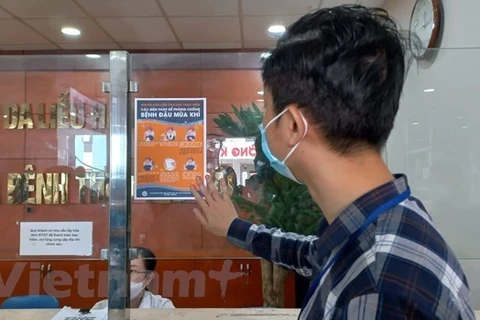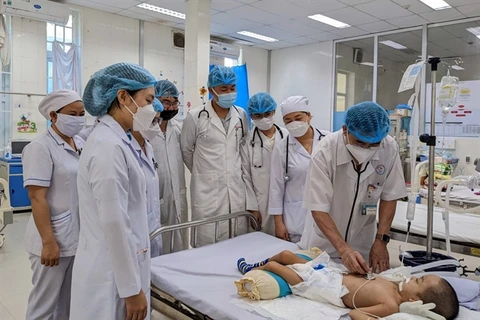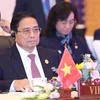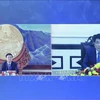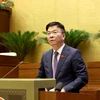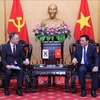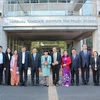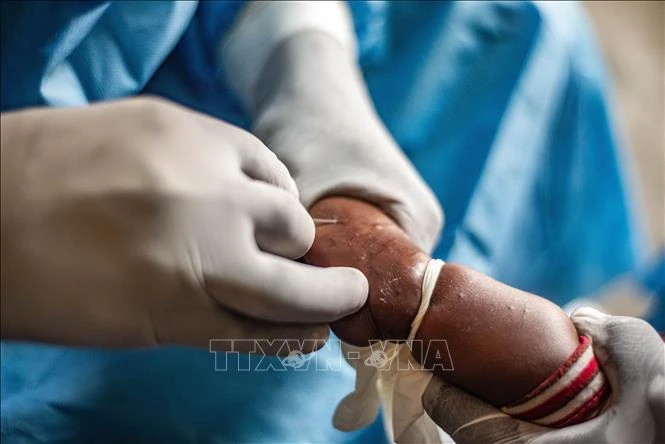
Hanoi (VNA) – To detect promptly mpox (formerly called monkeypox) cases domestically and from international arrivals, Vietnamese authorities have stepped up efforts in monitoring and preventing the spread of the disease and providing guidance on related surveillance and control measures, the Ministry of Foreign Affairs's Spokesperson Pham Thu Hang has said.
Making her statement at the ministry’s regular press briefing on the afternoon of August 22 in reply to a question regarding the control of the disease in Vietnam, Hang noted that the World Health Organization (WHO) has declared mpox a global public health emergency due to its rapid spread in several African countries.
According to the spokeswoman, the Ministry of Health on August 19 issued a document delivered to the people's committees of provinces and centrally-run cities, the National Institute of Hygiene and Epidemiology, Pasteur Institute, and infectious disease treatment centres to enhance mpox prevention efforts. They were urged to strictly adhere to the instructions in the Prime Minister’s dispatch dated August 1, 2022 on strengthening the prevention and control of the disease.
The dispatch also covers the diagnosis and treatment of mpox, as well as measures to prevent its transmission in healthcare establishments. Accordingly, Vietnam has intensified the monitoring and detection of suspected cases at border checkpoints and within public and private healthcare establishments.
In addition, health authorities and relevant agencies are working closely with localities to enhance public communications on preventive measures, oversee and direct anti-epidemic efforts, while reviewing and updating contingency plans to ensure readiness in response to potential outbreaks.
In the time to come, health agencies and disease control bodies will continue to assess and closely monitor the situation to promptly implement necessary measures to protect public safety./.
